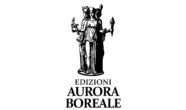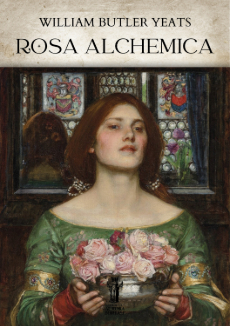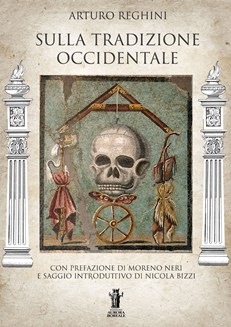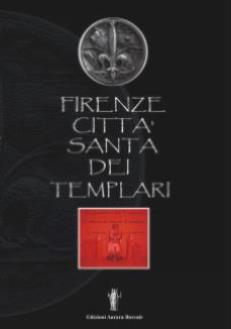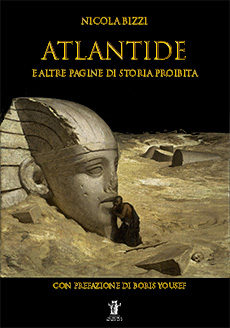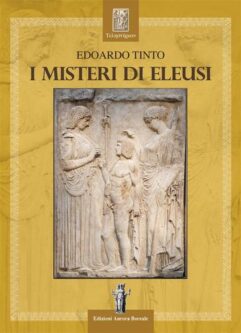Description
William Butler Yeats (1865-1939) was an Irish poet, dramatist, writer and initiate, and one of the foremost figures of 20th-century literature. He was a driving force behind the Irish Literary Revival, and along with Lady Gregory founded the Abbey Theatre, serving as its chief during its early years. He was awarded the 1923 Nobel Prize in Literature, and later served two terms as a Senator of the Irish Free State.
Considered one of the key 20th-century English-language poets (some critics hold that Yeats spanned the transition from the 19th century into 20th-century modernism in poetry much as Pablo Picasso did in painting), Yates was a Symbolist poet, using allusive imagery and symbolic structures throughout his career. He chose words and assembled them so that, in addition to a particular meaning, they suggest abstract thoughts that may seem more significant and resonant. His use of symbols is usually something physical that is both itself and a suggestion of other, perhaps immaterial, timeless qualities.
Yeats’s mystical inclinations, informed by Hinduism, theosophical beliefs and the occult, provided much of the basis of his late poetry.
Called by critics his best work of fiction, Rosa Alchemica incorporates not only the lush language and imagery of early Yeats, but also his personal interests: Irish culture, myth and legend, and his lifelong membership in the Hermetic Order of the Golden Dawn, a secret society devoted to the study and practice of occult Hermeticism and metaphysics. Yeats believed that «poetry and romance cannot be made by the most conscientious study of famous moments and of the thoughts and feelings of others, but only by looking into that little, infinite, faltering, eternal flame that we call ourselves».
ISBN: 979-12-5504-619-6
